A l'UM la science [S02-ep13]: From resilient teeth to hummingbirds
This week in A l'UM la science, Alban Desoutter and Frédéric Cuisinier from LBN tell us about enamel draping, a discovery that could explain the great strength of our teeth. The report introduces you to Colibri, the world's lightest extracorporeal circulatory assistance system, and Jean-Paul Udave invites you to a lecture on the constitutional principle of secularism.
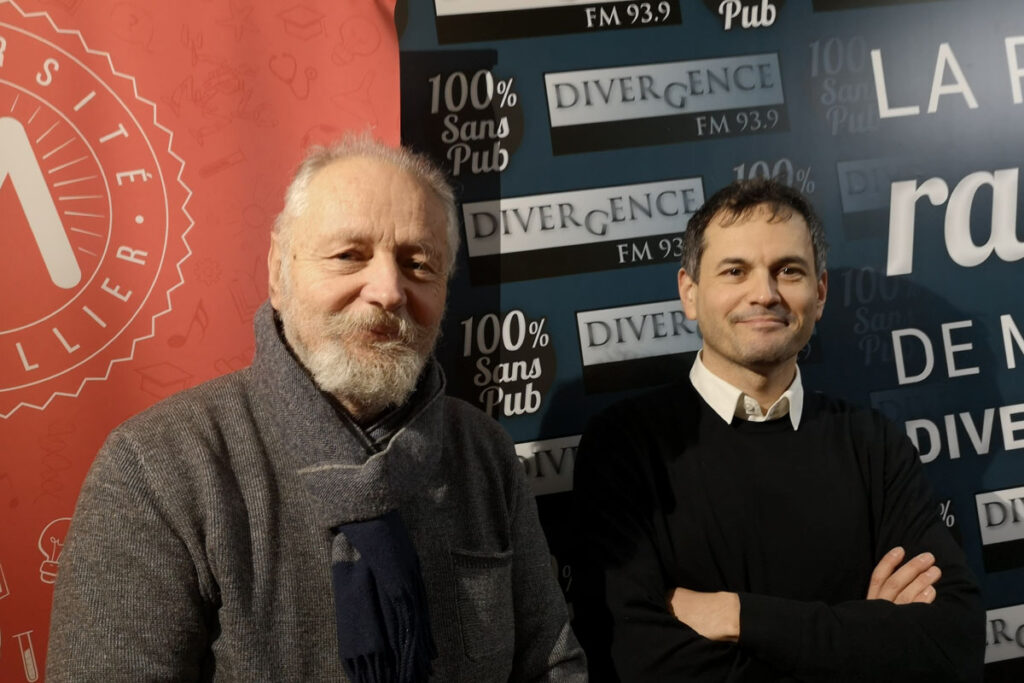
To have long teeth, or to have a grudge against someone, is often to have a hard tooth, or why not a hollow one if you've got fangs. Fangs for munching life to the full or, on the contrary, for chomping at the bit. Expressions referring to our canines, molars and incisors pepper our vocabulary, testifying to the importance we attach to our teeth. In psychoanalysis, Gustav Jung and others even interpreted dreams about teeth falling out as a sign of fear or resistance to change. Don't smile, though, because it's no doubt to save the little ones from having their teeth knocked out by this anxiety that our imaginations, armed to the teeth, finally gave birth to a mouse so that we could reclaim our quenottes and peace of mind without waiting for the chickens to get their teeth.
As you can imagine, today's topic has us opening our mouths wide to talk about a scientific discovery that could explain why our teeth are so strong. Alban Desoutter and Frédéric Cuisinier both work in Montpellier's bioengineering and nanosciences laboratory, the former as a technical assistant and doctoral student, the latter as Professor. Using 3D technology, they have discovered a mysterious structure hidden in the hollows of our teeth, known as enamel drapery. Their findings have been published in the Archives of Oral Biology.
Read more:
The publication: Human tooth enamel tuft drapes revealed by microtomography, A.Desoutter, I.Panayotov, F.Cuisinier, D.Carayon, Archives of oral biology, September 2022 .
Draped tufts: a tooth structure revealed in 3D could finally explain its great resistanceSciences et avenir,18/11/2022
In the second half of the program, we take you to Montpellier University Hospital, and more specifically to the anesthesia and intensive care department of the Arnaud de Villeneuve Hospital, where Dr Philippe Gaudard presents the Colibri, the world's lightest extracorporeal circulatory support system.
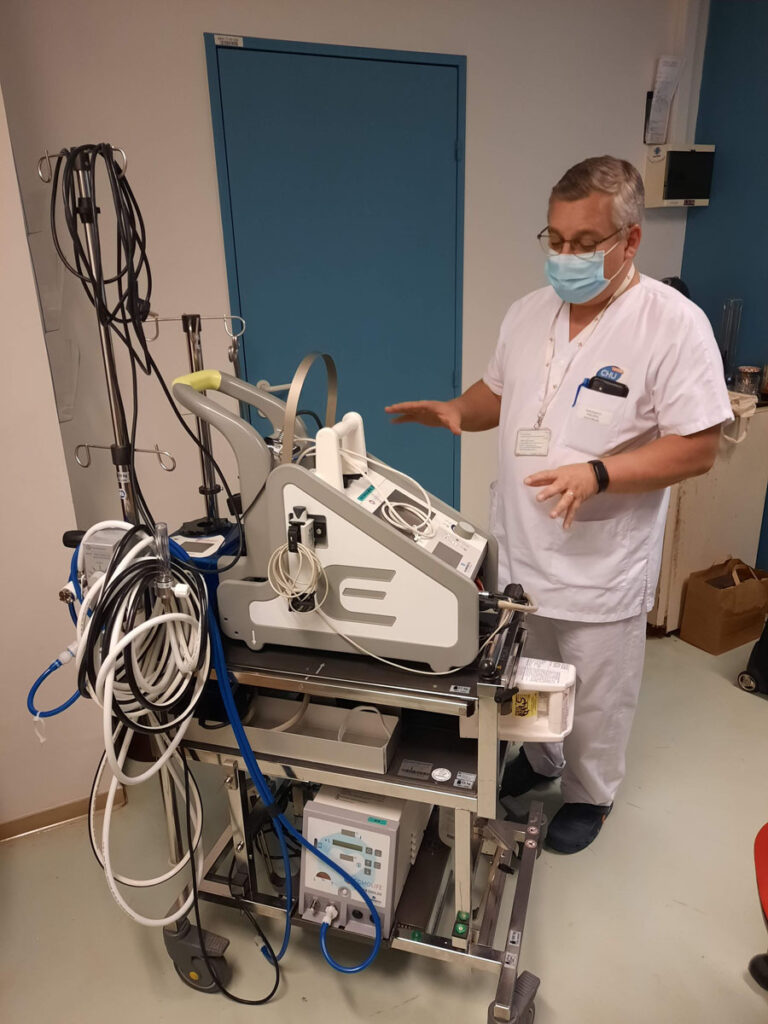
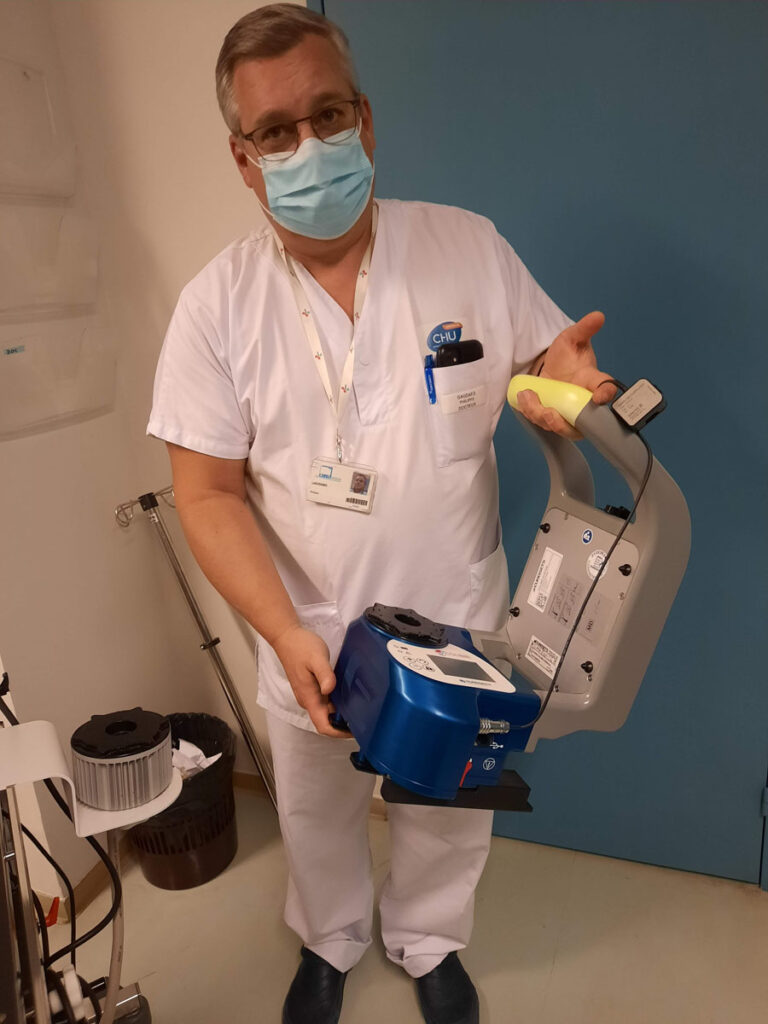
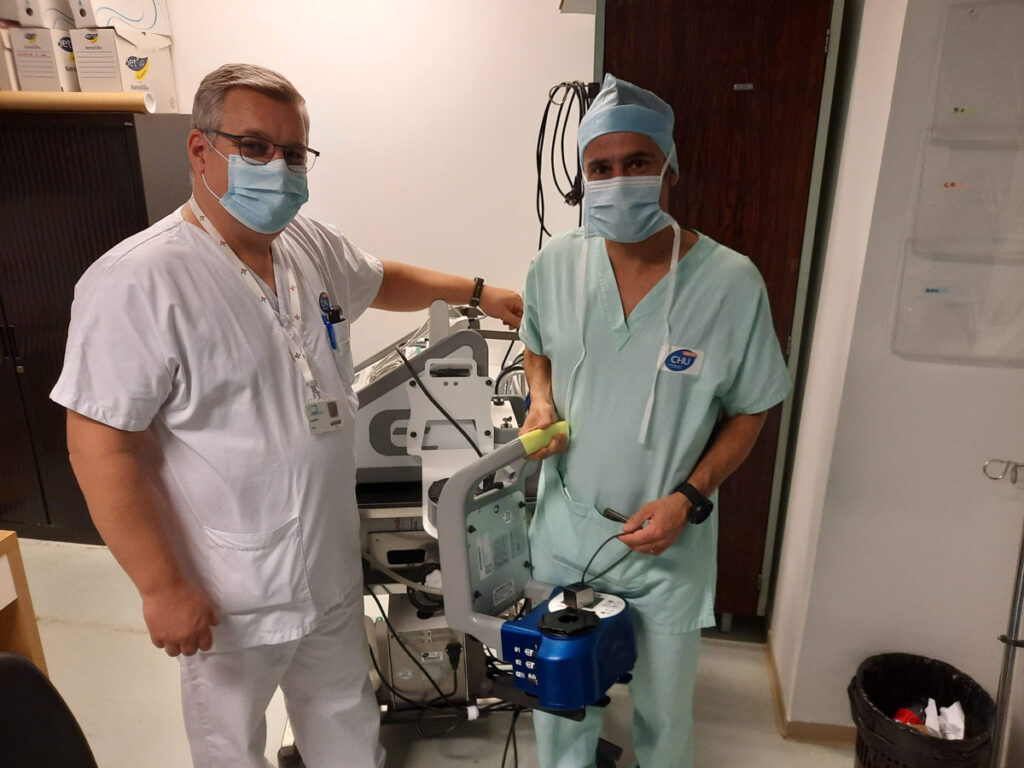
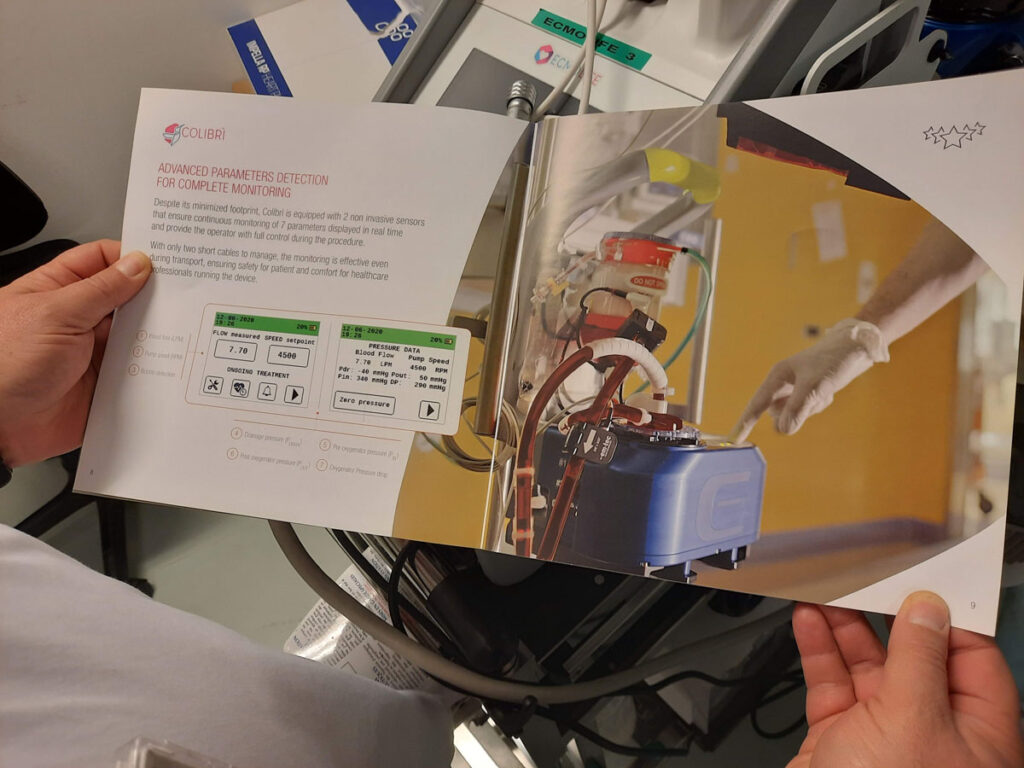
Our final guest is Jean-Paul Udave, the secular referent at the University of Montpellier and organizer of the conference on the constitutional principle of secularism to be given on February 1 at the Aimé Shoening student center (Richter campus) by Gwénaële Calvès, professor of public law at the University of Cergy-Pontoise.
At UM la science you've got the program, let's go!
Coproduction: Divergence FM / Université de Montpellier
Animation: Lucie Lecherbonnier
Interviews : Lucie Lecherbonnier / Aline Périault
Reporting and editing: Aline Périault
Production: Tom Chevalier
Listen to the "A l'UM la science" program on Divergence FM 93.9

UM podcasts are now available on your favorite platforms (Spotify, Deezer, Apple podcasts, Amazon Music...).